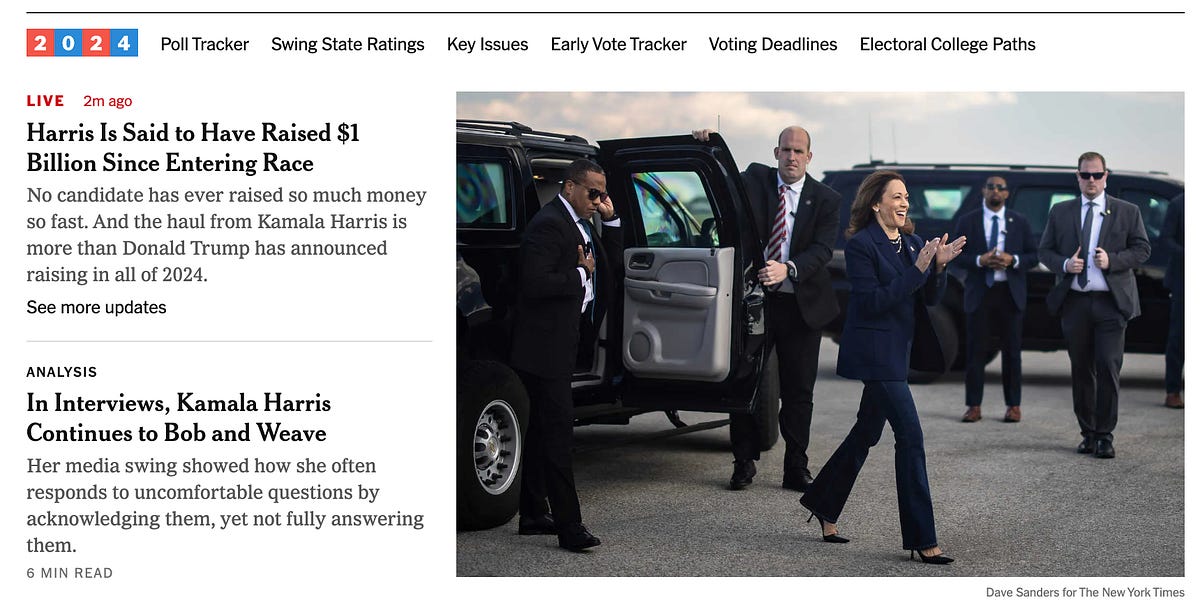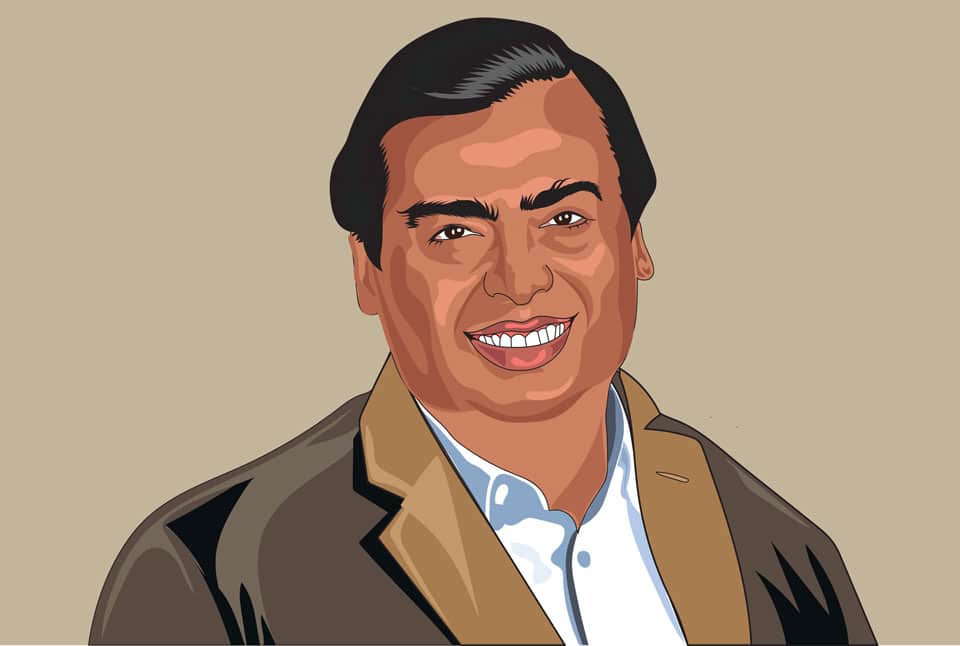Last year represents a curious milestone for the MCU where race is concerned: every villain in every 2023 film or series was Black (with the exception of the second season of their animated series “What If…”). When I’ve pointed that out to people, the response is usually, “how did that happen?” But for me there are bigger questions this raises.
The goal of increased representation for Black characters in American film has historically been about combating negative, stereotypical depictions and replacing them with more three-dimensional and positive characters. Sixty years ago, the push for these kinds of characters that represented the best aspects of humanity was an understandable reaction to being restricted to being comic relief, the help, buffoons, or worse. But inevitably, once those trails have been blazed the time comes for a different kind of representation.

Context is everything, and there’s a world of difference between Jonathan Majors being asked to play a genocidal maniac now and Sidney Poitier being offered a similar part in 1962. In fact, I have heard many Black actors suggest that in some ways being able to play all of the spectrum of humanity, the heroic, the villainous, and everything in between is the best outcome of any campaign towards increasing on-screen diversity; so long, of course as those villainous portrayals steer clear of old stereotypes. So the fact that Marvel gave us a year of all Black villains is not in and of itself a bad thing nor a good thing. But it does, for me at least, make me wonder what this occurrence tells us about the contemporary depiction of race in film.
While I don’t think a chronological approach is necessarily the best, it seems remiss to not start with the introduction of Jonathan Majors’ Kang the Conqueror in “Ant-Man and the Wasp: Quantumania.” Before his misdemeanor conviction on assault and harassment, Majors was clearly being groomed to be the next Thanos, the new Final Boss that only the combined forces of all the active heroes of the MCU could stop. He had been introduced in 2021 in the first season finale of “Loki” as He who Remains, an enigmatic and powerful keeper of multidimensional order. He warned that his murder would bring about malevolent versions of himself and that is who we meet in “Quantumania.” Everything about Kang now feels ill-fated. Majors does well in both Darth Vader mode and convincingly portraying Kang’s vulnerability in befriending Janet Van Dyne (Michelle Pfeiffer) when both are trapped in exile outside of time and space in the Quantum Realm. But despite the attempt to outdo Thanos, Kang falls short because in the end his motives are too vague and his ideology is non-existent. He’s just a genocidal strongman who feels justified in his actions even if he never truly communicates why.
























































![Key Metrics for Social Media Marketing [Infographic] Key Metrics for Social Media Marketing [Infographic]](https://www.socialmediatoday.com/imgproxy/nP1lliSbrTbUmhFV6RdAz9qJZFvsstq3IG6orLUMMls/g:ce/rs:fit:770:435/bG9jYWw6Ly8vZGl2ZWltYWdlL3NvY2lhbF9tZWRpYV9yb2lfaW5vZ3JhcGhpYzIucG5n.webp)
















